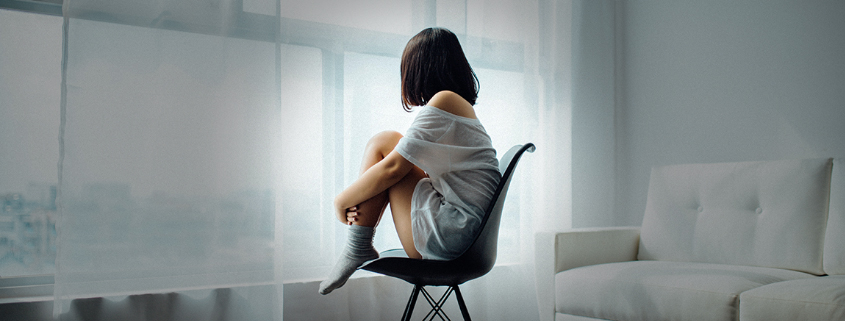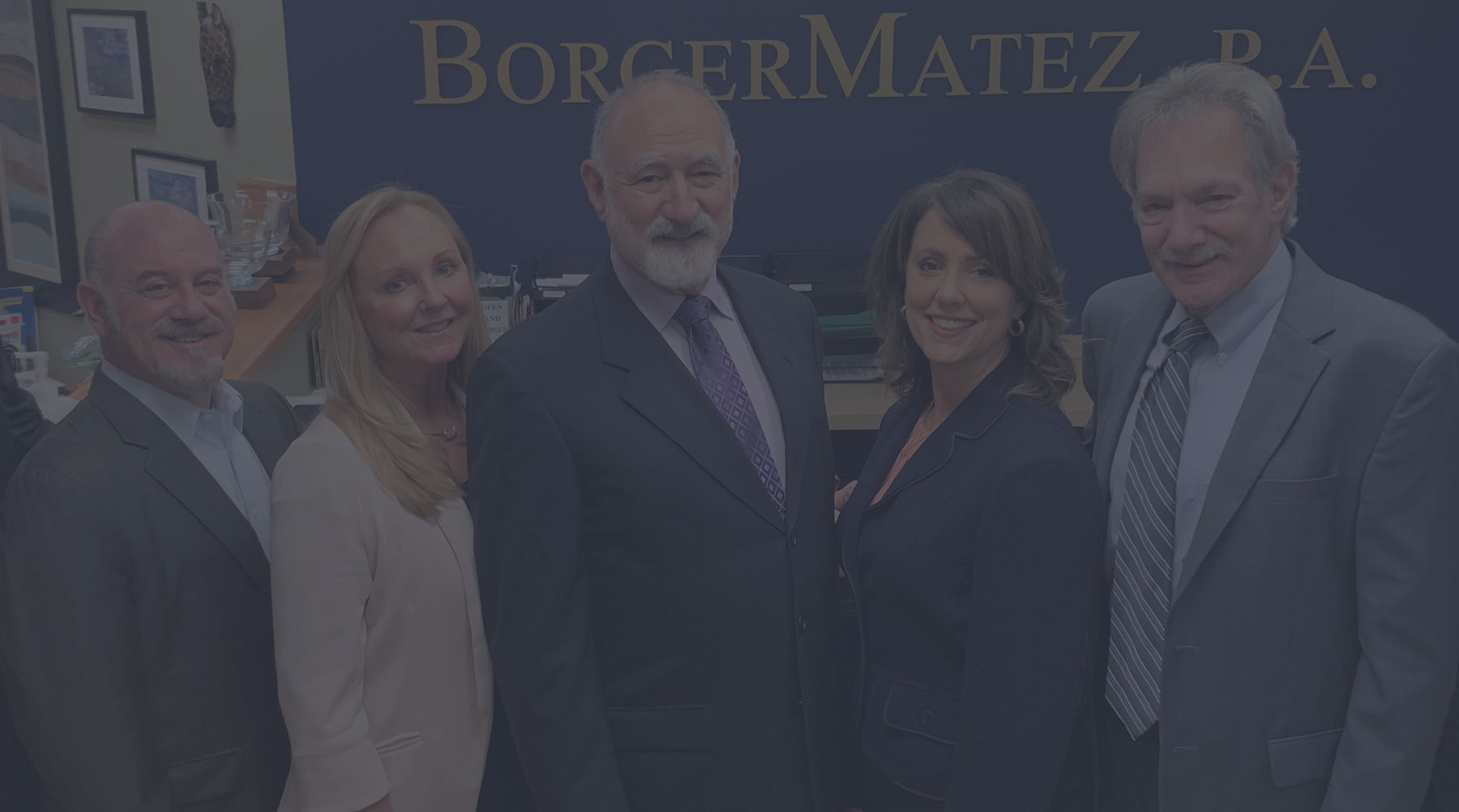How to Resolve Child Custody Disputes

In the midst of divorce, clients tell me they want custody of their children. I then engage in a discussion that includes, “In 99.99% of the cases neither parent gets custody of their children to the exclusion of the other parent.” Unless a parent is so mentally incapacitated that he or she can’t parent their children, the parents under NJ law share custody in some fashion. What must be done is to come up with a parenting plan that is in the children’s best interest (the standard in NJ) and which meets, as much as possible, each parent’s desire to be with their children.
Legal Custody: The discussion then moves to the concept of legal custody (as opposed to physical custody). Legal custody involves decision-making and specifically as it impacts a child’s education, healthcare, and general well-being. For example,
- Should a child be in private or public school
- Should a child have a tutor
- Should a child repeat a grade in school or skip a grade
- Should a child take advanced classes
- Should a child have an SAT tutor
- Which college should a child attend
-
- Should a child have non-routine, non-emergent medical or psychiatric care
- Should a child see a medical specialist and, if so, whom should the child see
These are some examples that fall within the realm of legal custody decisions. It is the rarest of cases where one parent is awarded sole legal custody. That can occur, for example, where the parents are unable to communicate with one another about the well-being of their child or children because of personal animus that interferes with that parental ability to do what is best for the child or where one parent is so abusive to the other parent that healthy co-parental communication is not possible. The usual outcome in almost all cases in NJ is that the parents share joint legal custody and together make important decisions about their children.
Physical Custody: Physical custody, on the other hand, involves establishment of a parenting plan. This can be done by agreement as is done if the large majority of cases or by a judge making that decision after a custody trial.
Custody Mediation: In NJ, when parents can’t agree on a parenting plan for weekday, weekend, holiday and vacation parenting time, the court provides free custody mediation at the courthouse (presently via Zoom). The percentage of cases that the mediators resolve is very high. Mediation involves the trained, neutral mediator working with both parents to help them reach agreement on a parenting plan acceptable to both parents.
Custody Trials: For those rare cases where the parents cannot agree on a parenting plan, a judge has to establish a parenting plan which the judge feels is in the child’s best interest. That can occur without an expert. In that case each parent testifies and is then cross-examined by the other parent (if no attorneys are involved) or the other parent’s attorney, if one is involved, along with the testimony of any other witnesses who can offer relevant information such as grandparents or other family members, new spouses/step-parents, significant others, the children’s teacher, guidance counselor, parents of the child’s friends, etc., and the judge weighs all the evidence, decides what he or she finds most truthful and fixes a parenting plan for weekdays, weekends, holidays and vacation time.
Use of a Custody Expert: In the most serious of custody disputes, a custody expert (a psychologist) is engaged, either jointly by the parents or with each engaging his/her own expert. That expert can cost over $10,000 for a full custody evaluation which includes psychological testing of each parent, interviews of each parent, each child, each parent with each child, and possibly the parents together, along with interviews of collateral witnesses (other people who know the parents and the child). Such an evaluation takes 60 – 90 days to complete (sometimes longer). After the custody evaluation is in written form and delivered to the attorneys for the parents, and if the case can’t resolve based on that expert’s recommendations, the case proceeds to trial before a judge who takes the testimony of all witnesses who can offer relevant evidence to help the judge understand the facts, each parent and each child, and often interviews the child “in chambers,” i.e., in the judge’s office “on the record,” meaning a recording of the interview is made for the attorneys and parents to hear later. Then the judge makes his/her decision and that is that, subject to an appeal from the judge’s decision. If there is an appeal by either parent (or both parents), the judge’s decision remains in effect until and if modified by the appellate court which reviews the judge’s decision based on a transcript of the entire trial and a review of all evidence. Appeals in NJ usually take approximately 15 months to conclude. If the appellate court sustains the trial judge, the case is over (except for the rarest of appeals that might go to the NJ Supreme Court); if the appellate court reverses portions of the judge’s rulings, the case is remanded back to the trial judge to modify his/her decision based on instructions from the appellate judges.
In summary, children suffer emotional and sometimes lasting harm when their parents fight over and litigate custody as opposed to settling custody with an agreed parenting plan. That should be the goal for each divorcing family with children.
* * * * *
BorgerMatez offers experienced mediation services as well as expertise in representing a parent in resolving custody disputes with an eye toward fair-minded resolutions that put the needs of the child first. Contact us for more information.





